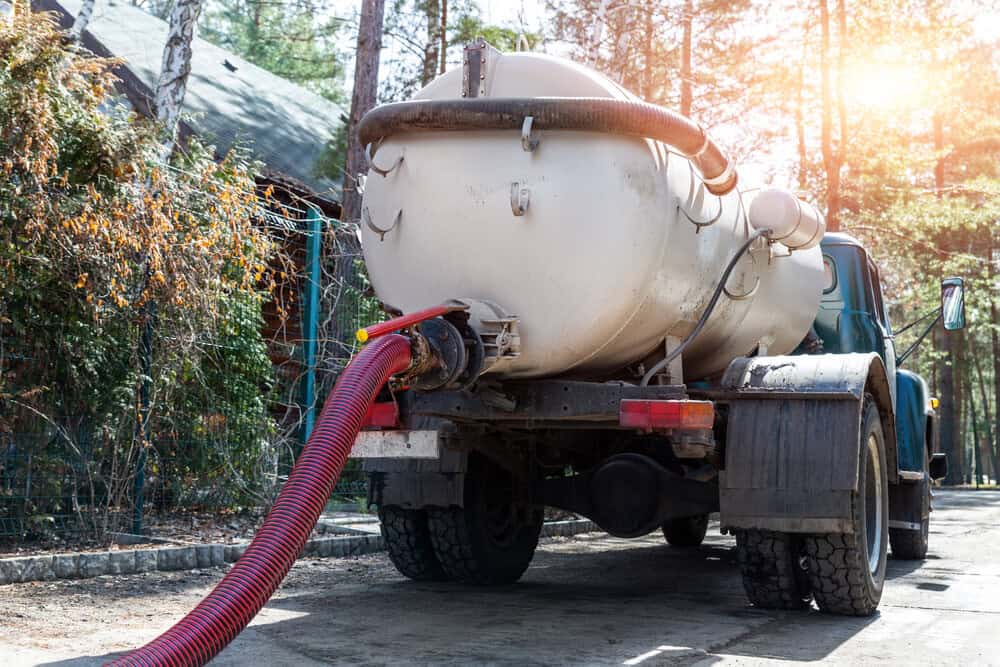Professional septic tank cleaning that prevents expensive emergencies and keeps your system running smoothly for years.
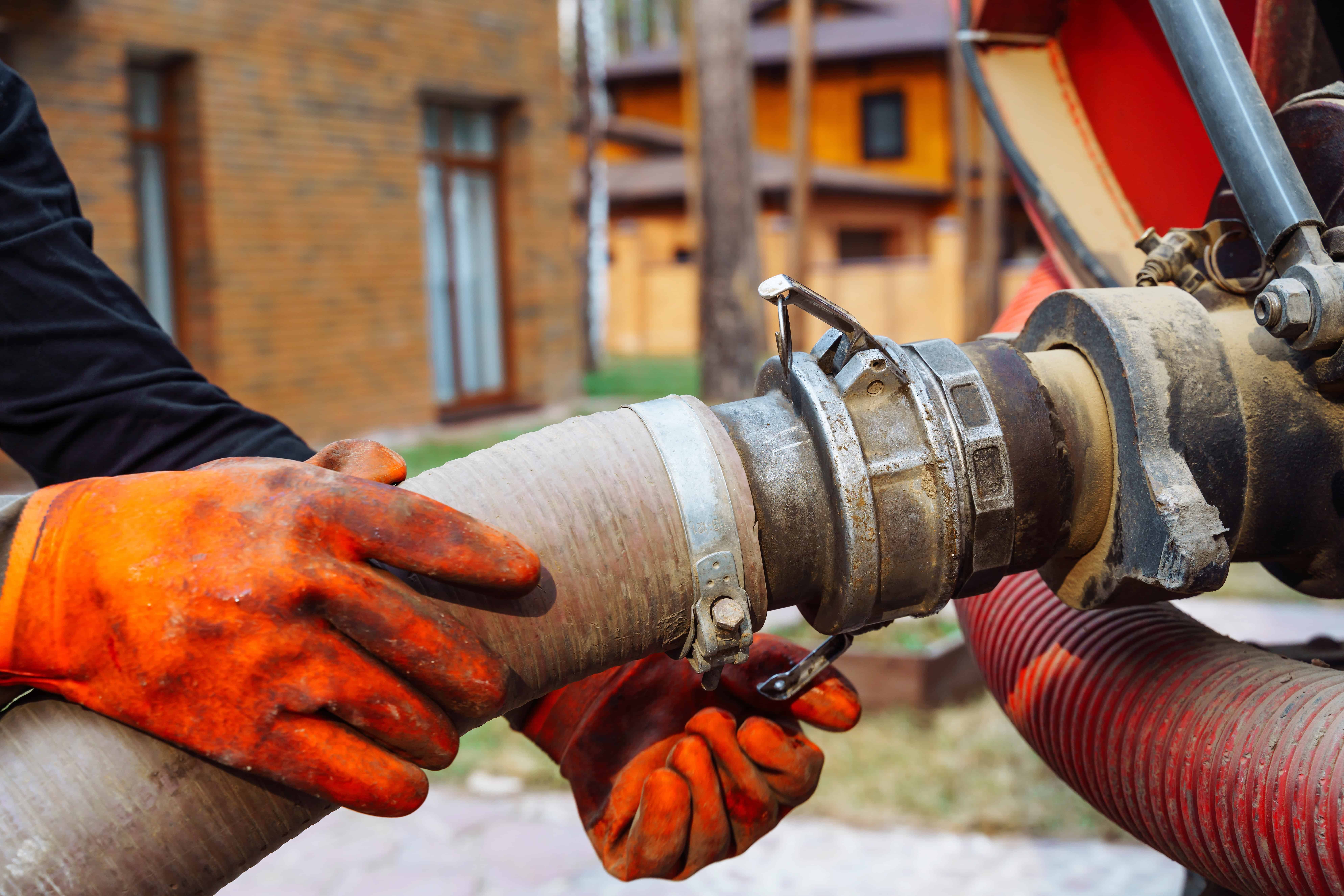
Hear from Our Customers
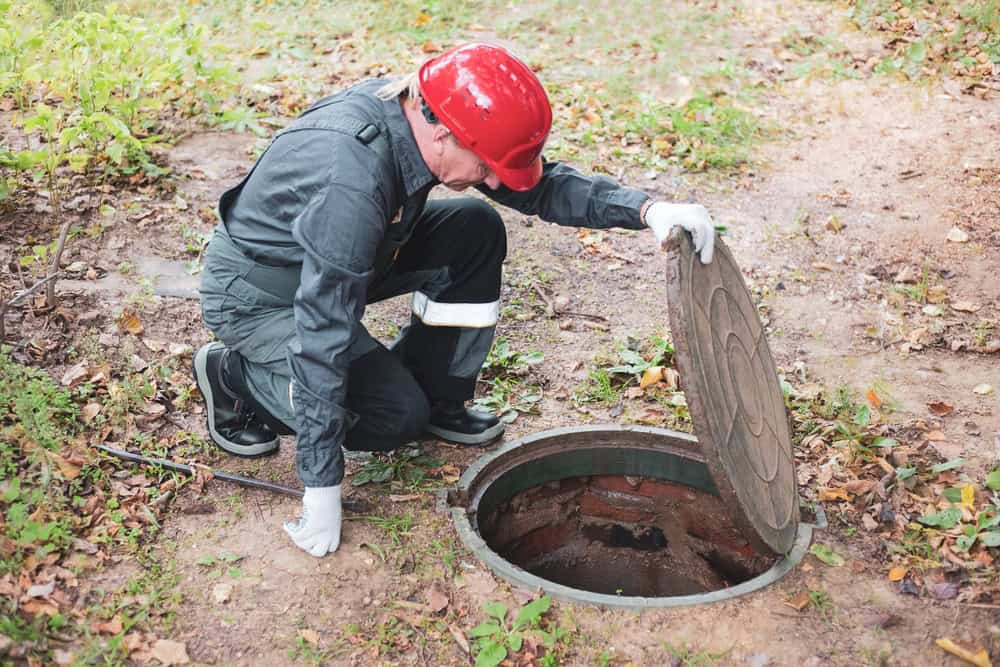
Regular septic tank cleaning isn’t just maintenance—it’s insurance against the kind of problems that ruin weekends and drain bank accounts. When your septic system is properly maintained, you get consistent performance without the worry of unexpected backups or failures.
A clean septic system processes waste efficiently, eliminates odors, and protects your property value. You avoid the stress of emergency calls and the expense of premature system replacement. Most importantly, you get peace of mind knowing your family’s health and your property are protected.
The difference between a maintained system and a neglected one is dramatic. Maintained systems last decades. Neglected ones fail early, often at the worst possible moment, creating health hazards and expensive cleanup situations that could have been easily prevented.
We’ve been serving Cutchogue and the North Fork for years, understanding exactly how septic systems perform in our local soil conditions and climate. We’ve seen what works and what doesn’t when it comes to keeping systems running properly.
Our approach is straightforward: thorough cleaning, honest assessment, and clear communication about what your system needs. We use professional-grade equipment that removes more waste than standard pumping, and we properly dispose of everything according to local regulations.
You’re not getting a sales pitch from us. You’re getting experienced technicians who know the difference between necessary work and unnecessary upselling, serving neighbors who depend on their septic systems every day.
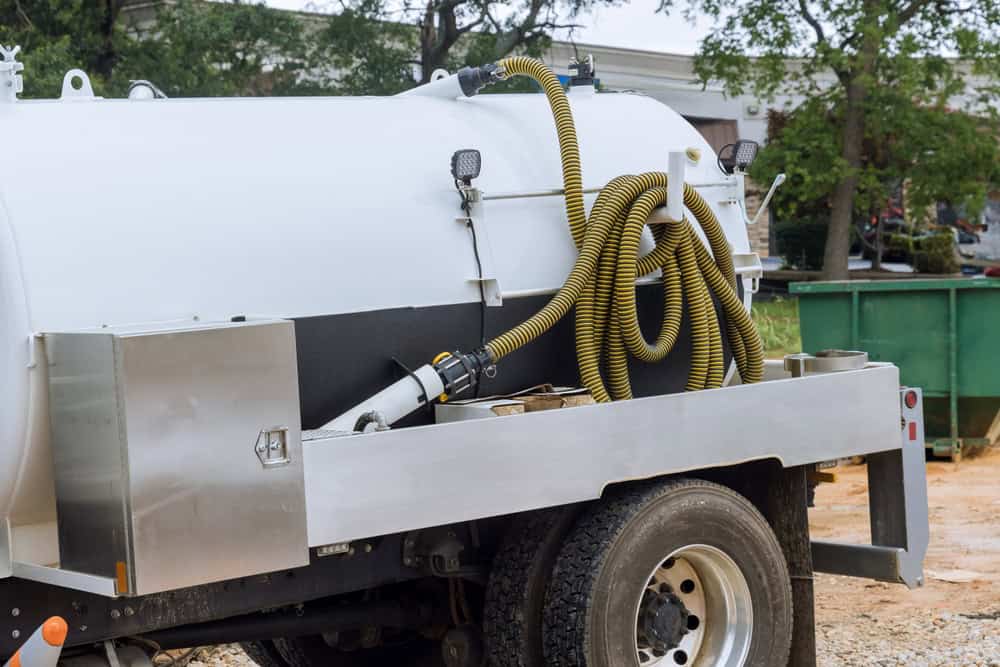
We start by locating and accessing your septic tank, then inspect the system to assess waste levels and overall condition. Our professional equipment removes both liquid and solid waste completely, not just the easy-to-reach material that partial cleanings miss.
During the cleaning, we check for signs of damage, wear, or potential problems that could cause issues down the road. We measure sludge levels, inspect baffles and inlet/outlet pipes, and evaluate how well your system has been processing waste since the last cleaning.
After cleaning, we explain what we found, recommend a maintenance schedule based on your household size and usage patterns, and answer any questions about keeping your system healthy. You get a clear picture of your system’s condition and what to expect going forward, not a confusing technical report that leaves you wondering what it all means.
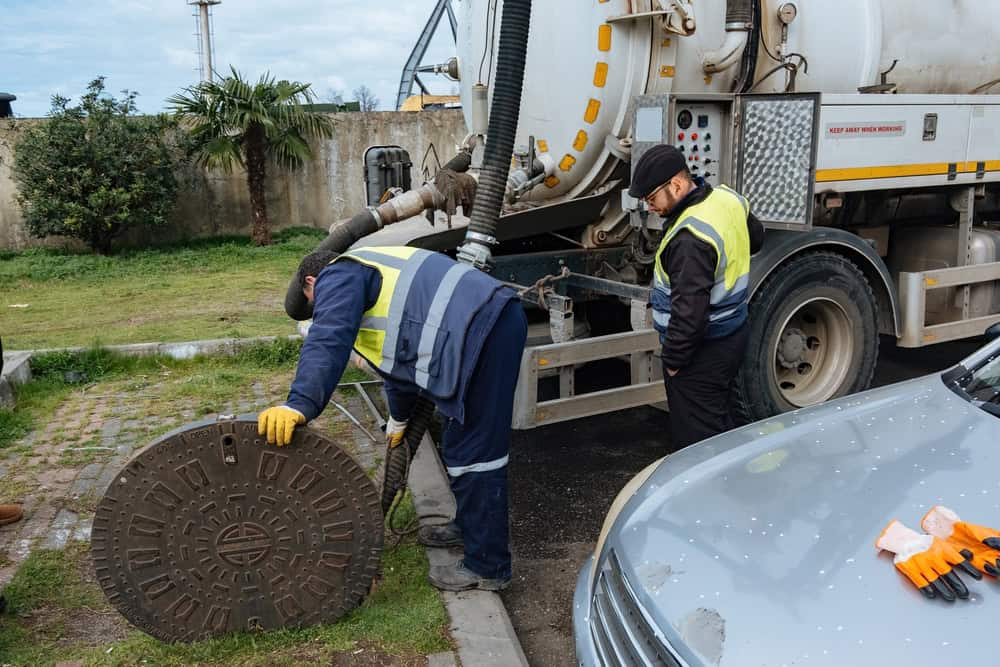
Ready to get started?
Our septic tank cleaning service includes complete waste removal, system inspection, and honest assessment of your septic system’s condition. We bring professional vacuum equipment that handles both liquid effluent and solid sludge, ensuring your tank is thoroughly cleaned, not just partially pumped.
Every cleaning includes checking critical components like baffles, inlet and outlet pipes, and tank integrity. We measure accumulation levels to help determine optimal cleaning frequency for your specific situation, whether you’re dealing with year-round use or seasonal occupancy common in Cutchogue.
We also provide clear recommendations about maintenance practices that extend system life and prevent problems. This includes guidance on what should and shouldn’t go down your drains, signs to watch for between cleanings, and realistic timelines for future service based on your household’s actual usage patterns.
